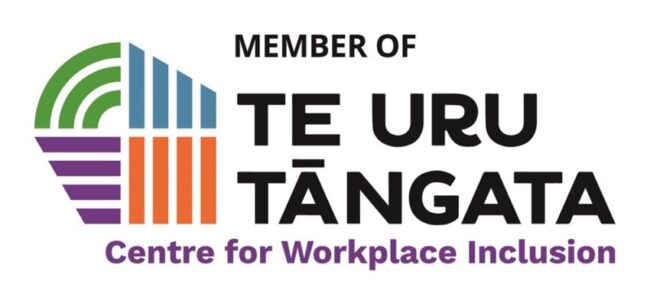Recently, the ACT party’s Employment Relations (Termination of Employment by Agreement) Amendment Bill (Bill), was introduced to the House. It proposes amending the Employment Relationships Act 2000 (Act) to allow an avenue to end employment by “mutual consent” without risk of a personal grievance.
This has been introduced with the apparent purpose of helping both employers and employees “avoid costly unfair dismissal or personal grievance claims”.[1]
Along with our views, this article provides an overview of the Bill and the status quo under the current Act.
The Bill
If passed in its current form, the Bill would enable an employer to make an offer of payment of a specified sum of money to an employee with the purpose of agreeing to end their employment, including a full and final settlement of any cause of action arising from the employment relationship.
This offer could be made without giving rise to a personal grievance and regardless of whether there is an existing employment relationship problem. Subsequently, if an agreement is reached, there are certain requirements that must be met before the agreement is enforceable, including that an employer has advised the employee they should seek independent advice before signing.
Evidence of “pre-termination negotiations”, being “any discussions held or offers made before the termination of the employment relationship in question, with a view to it being terminated on terms agreed between the employer and the employee”, would be inadmissible to the Employment Relations Authority except if there is an element of offending. Essentially, these discussions are on a without-prejudice basis and an employee cannot raise them in furthering a personal grievance.
The Status Quo
In practice, the current law does not prevent parties from reaching an agreement that an employee’s employment will end. Many records of settlement resolving employment relationship problems and personal grievances do so. However, unlike the Bill, these negotiations and outcomes arise from an employment relationship problem between the employer and employee.
Under the current law, an offer to end employment without an existing employment relationship problem would likely give rise to grounds for a constructive dismissal personal grievance or would otherwise prejudice any formal processes initiated by the employer. This creates significant risk to an employer, both in terms of financial risk where an employee may have access to remedies for lost wages and hurt and humiliation compensation, but also reputational damage.
Our thoughts on the future
As a members’ bill, it can only be heard on “Members’ days”, which occur less frequently than other Parliament sitting days. Because of this, the Bill is likely to move slowly through the House unless adopted by a party.
It is unclear whether this will occur. It did not feature in the employment policies of the ACT/National coalition agreement, so it is also unclear whether it will attract support of the other coalition parties in the current government. While the first reading is yet to occur, it is likely the traditionally worker-focused opposition parties will oppose the Bill.
In any case, the Bill has already drawn criticism more broadly. The New Zealand Council of Trade Unions (NZCTU) has stated the Bill makes it easier for the power imbalance between employers and employees to be exploited, and more difficult for employees to hold employers responsible for this.[2] The NZCTU also identified that employers have the option to attend mediation, which is necessarily without prejudice and would be inadmissible.
We are inclined to agree with the NZCTU’s concerns over the Bill. There is no apparent limit on when an employer may try to negotiate an employee’s exit and a risk that an employee will have limited bargaining power to meaningfully negotiate. Further, by making any evidence of the pre-termination negotiations inadmissible, there is a risk of offers being made that support unjustified conduct that could give rise to a personal grievance save for the protections granted by the Bill.
- If you would like to know more about this, please contact our Employment Law experts who would be happy to help.
[1] https://www.act.org.nz/new_bill_provides_for_mutually_agreed_end_of_employment
[2] https://union.org.nz/government-must-vote-down-act-members-bill-that-would-undermine-workers-rights/




